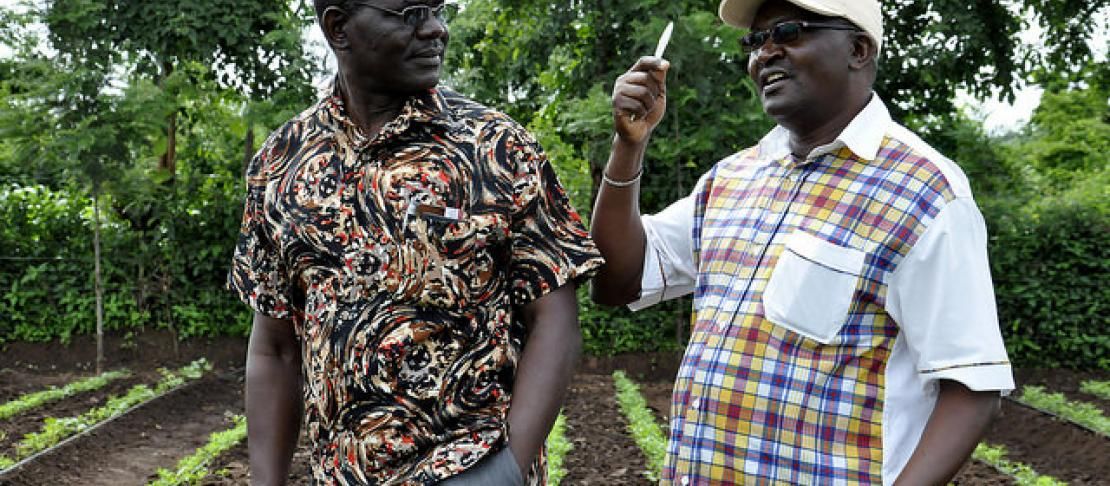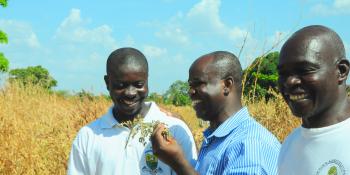New guidance for action on agriculture in a new climate agreement

Ahead of Bonn climate change talks, agriculture groups compile key messages and resources to promote action on agriculture in global climate policy.
If we want to safeguard the future of food and adapt to a changing climate, agriculture cannot be ignored in the new global climate agreement to be signed in Paris in December. The next chance for this is at next week's meetings of the Subsidiary Body on Scientific and Technological Advice (SBSTA), a specialist body within the United Nations Framework Convention on Climate Change (UNFCCC), will meet in Bonn to consider the latest scientific knowledge on agriculture’s role in climate change.
To help farming advocates take action, a new Guide to Negotiations on Agriculture and Climate Change sets out clear evidence for agriculture’s importance to national economies, food security, adaptation and mitigation, and provides detailed information to help country policymakers engage with the negotiations.
The guide, which was produced by Farming First, the CGIAR Research Program on Climate Change, Agriculture and Food Security (CCAFS) and the Technical Centre for Agricultural and Rural Cooperation (CTA), calls for action within the United Nations climate talks for a sector that is both extremely vulnerable to climate change, and can play an important role in reducing greenhouse gas emissions.
Dozens of facts and resources illustrate the challenges, for example:
- To meet global food demand by 2050 with current diets and population growth, agricultural production must increase by 60%.
- Agriculture makes the greatest contribution to total food system emissions—equivalent to 14–24% of total global emissions.
- 265 million people in Africa will face a 5% decrease in growing season in the next 40 years.
- Every one US dollar invested in anticipatory measures for climate adaptation initiatives is estimated to save up to 7 US dollars in future relief costs.
The guide also outlines existing solutions to some of the known challenges of climate change that can be scaled up. These include improved soil and water management practices, better climate information services, and greater access to agricultural resources among women.
“This guide is a very useful and informative tool, and comes at a critical moment,” said Manyewu Mutamba, from the Southern African Confederation of Agricultural Unions. “We have the urgent task of ensuring that a global framework for climate action from 2020 does not shut out agriculture.”
Access: A Guide to Negotiations on Agriculture and Climate Change
To follow progress on agriculture at SBSTA June 2015 please have a look at our blog series, and follow @cgiarclimate on twitter.



